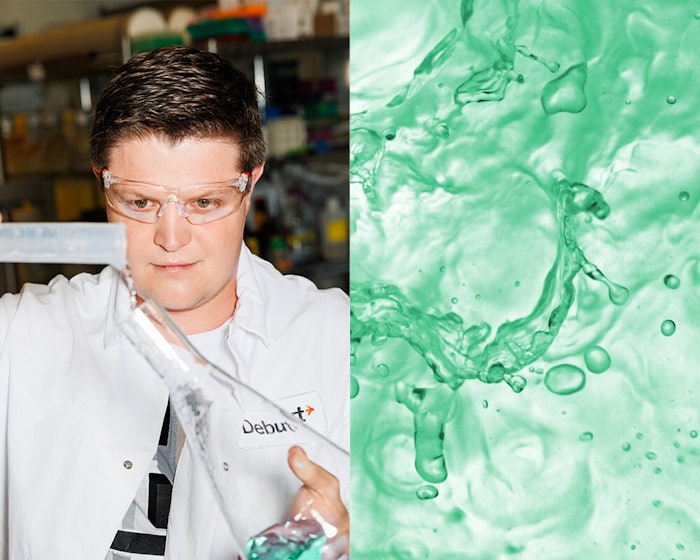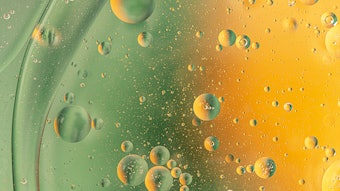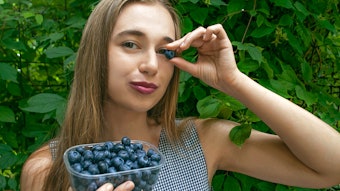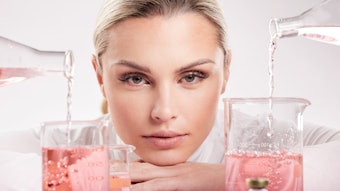
The boom in biotechnology certainly gained pace in 2023, but we are still in the early stages of an industrial transformation in the beauty industry. While sustainability was the initial driver in the shift toward biotech cosmetic ingredients, the impetus for change moving forward will be to create better, higher-performing products.
With that in mind, here are the top six biotech beauty trends that we can look forward to in 2024 and beyond:
1.Derm Brands Embrace Biotech
Dermatology-focused brands will quickly embrace biotechnology to create peak-performing products that will further enhance market penetration. This market segment growth will be driven by consumer demand, improved dermatological science and the widespread availability of biotechnology-derived ingredients.
Additionally, an understanding of how novel ingredients drive physical change among consumers will be combined with exciting new claim areas. The result will be a thriving dermatology beauty category in 2024, with luxury brands rapidly following suit and incorporating biotechnology in their offerings.
2. Novel Ingredients: Beyond Bio-Based
Leading biotechnology companies will move beyond simply offering bio-based alternatives for existing ingredients and instead deliver novel and higher performing cosmetic materials.
Beyond adhering to the highest sustainability standards, biotechnology creates ingredients with enhanced quality and which enable new claims. They give forward-looking companies and brands a competitive edge over those seeking purely bio-alternatives. Early adopter brands will invest into ingredient discovery and cosmetic science and take a relentlessly product-focused mindset.
As a result, conventional ingredients that fail to meet the needs of eco-minded consumers will become less desirable.
3.Biotech-Enabled Fragrance
The fragrance category will be bolstered by the might of biotechnology. This won’t be accomplished in obscure aromas and scents with marginal appeal, but rather through an industrial transition driven by scientific claims and changes to international ingredient regulation. Lobbying will provide a buffer for the transition in different geographies, but the dominoes have already begun to fall.
The breakneck speed of biotech innovation may be too rapid for some big fragrance houses, and this will create opportunity for nimble biotech startups. In tandem with this, the era of fragrance formulations shrouded in secrecy is likely coming to an end, bringing greater scrutiny to ingredient contents and quality.
4. Cosmetic Chemists, The New Rockstars
While cosmetic chemists have been in the shadow of their pharmaceutical counterparts, that is about to change.
With the advent of affordable and readily available skin models, the ability to understand, control and discover activation pathways for claim areas (aging, inflammaging, brightening, etc.) is accelerating at a pace hitherto unseen.
Novel ingredients targeting new pathways will be launched, leading to a changing of the guard from the age-old beauty ingredients (think retinol, niacinamide, hyaluronic acid and the like) to ingredients with pharma-like precision and clinical results.
5. Science Meets Marketing
The marketing of beauty products will undergo an evolution, from a focus on storytelling (founder story, influencer-backed endorsement, etc.) and brand design to science-backed data as a key point of differentiation.
Biotech-enabled products will feature clinical testing data in an accessible format that is based on performance and effectiveness. Brands will be far less reliant on simply marketing hype.
And forget the latest crop of me-too serums, endlessly reformulated and repackaged. Real hardcore science linked to novel biotech ingredients will step into the limelight. Proven product benefits will be king.
6. Machine Learning Delivers New Claims
Machine learning will create a new era of beauty-forward claims through combined learnings from medicinal chemistry and cosmetic science, leaving vague “clean beauty” claims in the dust.
The validated and verified data sets used to create machine learning models will allow the discovery of new ingredients and formulations that deliver higher-performing and customizable products to the consumer.
Thanks to brand education, consumers will understand that they will not need to sacrifice nature for science (or vice versa). Biotechnology brings the best of both worlds, and sustainably so.
In June 2023, Debut, a vertically integrated synthetic biology company that is spearheading the creation of innovative and novel high-performing active ingredients in beauty, announced that it had raised a $34 million Series B funding round led by BOLD, the venture capital fund of L'Oréal. Then, in October 2023, Debut announced that it will develop bio-identical and novel fragrance molecules, having closed a total of $40 million in its series B funding led by BOLD. The funding will reportedly be used to leverage Debut's proprietary biomanufacturing platform to advance into the fragrance category and establish its biotech fragrance model as the preeminent benchmark in the fragrance industry.










